What you can do against food waste
Every year, some 1.3 billion tonnes of food end up in the trash worldwide. Although half of this could be avoided. In Germany, around 11 million tonnes of food waste are generated annually, which corresponds to around 25 billion euros. Hardly imaginable, is it?
Under the motto “Germany saves food”, the first nationwide action week for more food value assessment will take place from 22 to 29 September 2020. Actions throughout Germany are designed to raise awareness of the issue of food waste and how to reduce it and to create greater appreciation for our food. In addition, 29 September is the International Day of Awareness of Food Loss and Waste, which was initiated by the United Nations.
On this occasion we have collected various tips for you on how to fight against food waste. In this blog article you can find out what you can do privately or how you can get involved. But first we want to give you some background information on why so much food ends up in the bin.
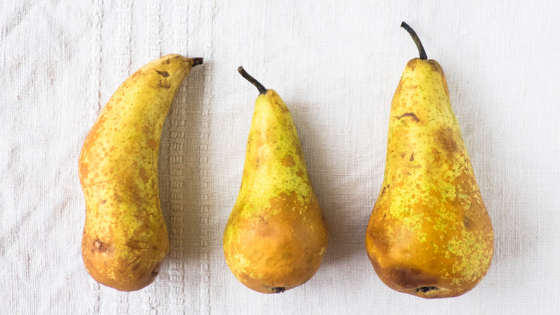
Why is so much food thrown away?
The reasons why food is thrown away are many and varied. Due to strict standards, part of the harvest is already sorted out in the field. Losses also occur during further processing due to transport damage, incorrect storage or technical causes.
Then, large quantities of food end up in the waste stream in the trade. For example, a whole net of oranges is thrown away even though only one orange is bad – removing or repacking them would be too expensive. This happens not only with oranges, but also with many other fruits and vegetables that are sold in multi-packs. In addition, there are also foods in stores that have reached their best-before date and a lot of baked goods. After all, what do you think happens to the baked goods that are left over at the end of a sales day and can no longer be sold the next day? Exactly, they end up in the bin. A whole 1.7 million tonnes a year – in Germany alone.
In the gastronomy there are many different reasons why food is thrown away, among others it is due to overproduction for buffets or too large portions. However, with around 6.7 million tonnes per year, end consumers account for the largest share of food waste. The main reasons for this are incorrect storage, poor planning of consumption and the fact that the best-before date (Mindesthaltbarkeitsdatum) is considered a throw-away date.
3 films about food waste
Education from the sofa or bed? Yes, please! You can learn more about food waste in these films:
- 10 billion – How do we all get enough to eat?: In 2050, the world’s population is expected to be around ten billion people. This documentary tells you about the possibility of providing food for these many people.
- Taste the Waste: The award-winning documentary shows how industrial societies deal with food and the global extent of food waste.
- We feed the world: The award-winning Austrian documentary reflects critically on the increasing mass production of food and industrialisation (for example in factory farming).

6 simple tips against food waste for your everyday life
1 | Plan your shopping trip
When you plan what you want to eat the following week, you can coordinate recipes to avoid leftovers, such as half a head of lettuce. This way you only buy what you really need and can consume. Also: It’s best not to go shopping hungry, because then we buy far too much.
2 | Buy the imperfect
Unperfect fruit and vegetables are most likely to end up in the trash, because most customers do not buy them. This is true for a two-coloured pepper, an unusually shaped egg-plant or a dented milk carton. So what would it be like to reach out and buy exactly these vegetables?
By the way: This also applies to single bananas. Although it makes absolutely no difference whether you buy bananas separately or in bunches. The individual bananas usually remain lying around and – three guesses are enough – end up in the trash.
3 | Take ripe fruit and vegetables
If you know that you are going to consume the tomatoes the same evening, just buy the ripe ones. Or the ripe bananas, if you plan to bake banana bread anyway. Many people choose products that have a long shelf life – even though they will consume them very soon. This is not only the case with fruit and vegetables, but also with many other products such as milk. Many shops have an area where foods that have a short shelf life are offered at a lower price. So check there if there is something suitable for you!
4 | Trust your senses NOT THE MHD
The best-before date ( MHD ) indicates the date up to which the food can be consumed guaranteed without loss of quality. But this does not mean that it is bad afterwards. Better trust your own senses: See, smell, taste!
At the consumer advice centre in Hamburg, you will find a PDF file that tells you how long food really lasts and what you should look out for to see if it is still safe to eat.
5 | Set up an “Eat me first” box
To make sure that food that needs to be eaten is not left in the fridge, you can set up an “eat me first” box (or compartment). This is where the food that should be consumed as soon as possible is stored.
6 | Buy saved food
Buy in shops that sell food that would have gone to waste elsewhere. This is possible, for example, with the following (online) shops: SiRPLUS, Rübenretter, etepetete, Too Good To Go oder The Good Food.
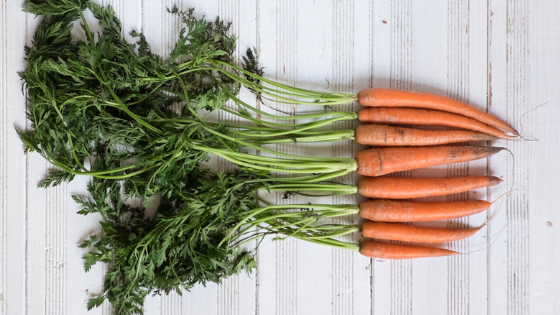
Get active against food waste
On vostel.de you will find many different projects with which you can get involved in many different ways against the waste of food.
Sign this petition and demand more legal certainty for food rescuers
The foodsharing initiative and Deutsche Umwelthilfe are calling on the Federal Minister of Agriculture, Julia Klöckner, and all other responsible ministries to work for legal certainty in the donation, saving and passing on of food and to simplify it.
After all, even if supermarkets and restaurants give away food free of charge, they have to accept liability for any consequences that are harmful to health. The same applies to volunteers who save food and do not just pass it on from private to private. For many people the risk is simply too high, which is why edible food ends up in the bin. A legal security for supermarkets, restaurants, bakeries and the people who save food and distribute it to the people in need is therefore absolutely necessary.
Your team from vostel.de


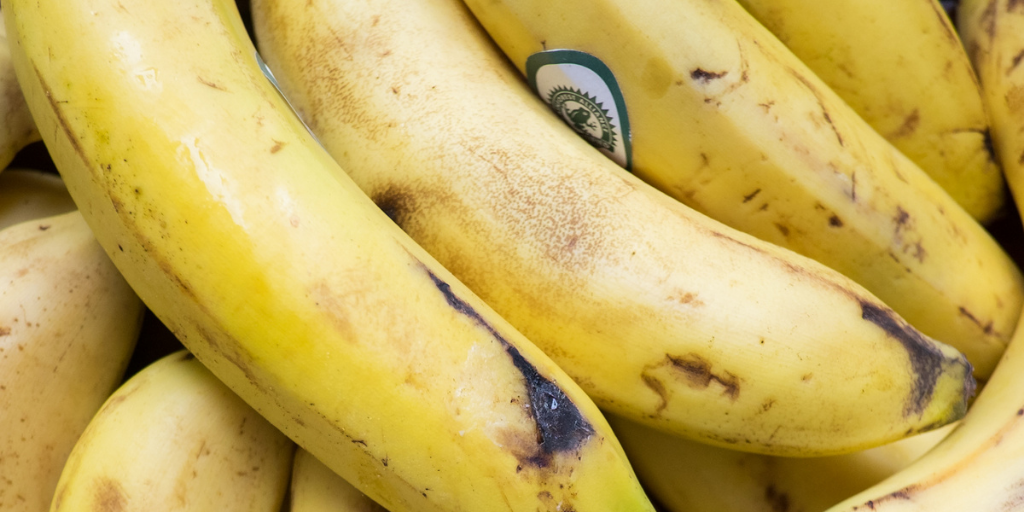
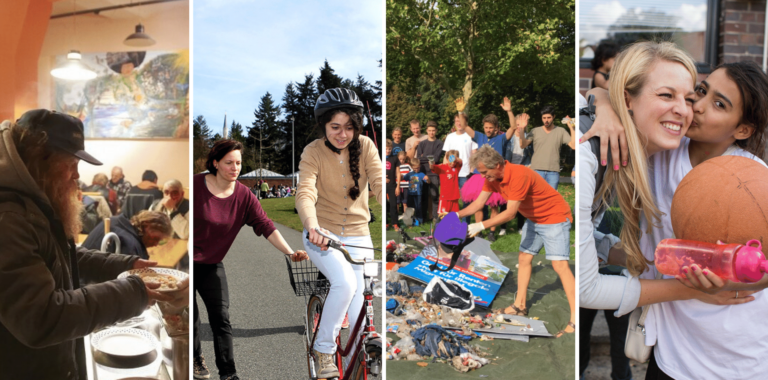
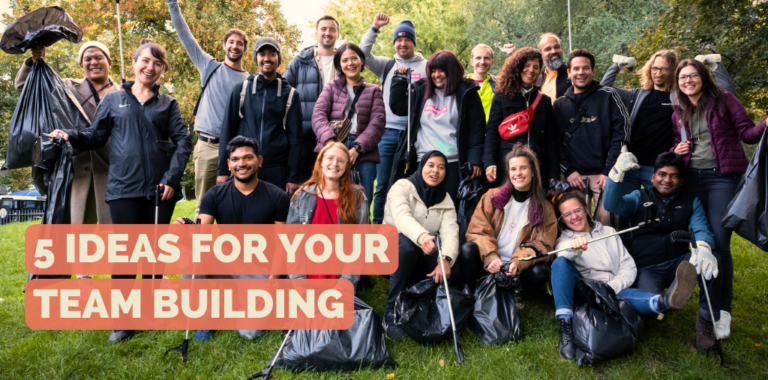
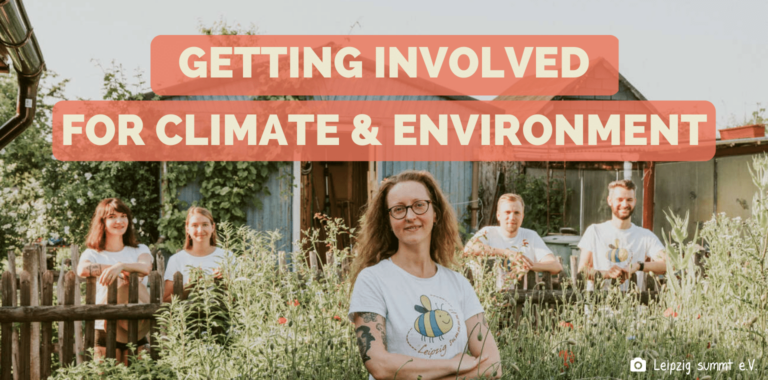

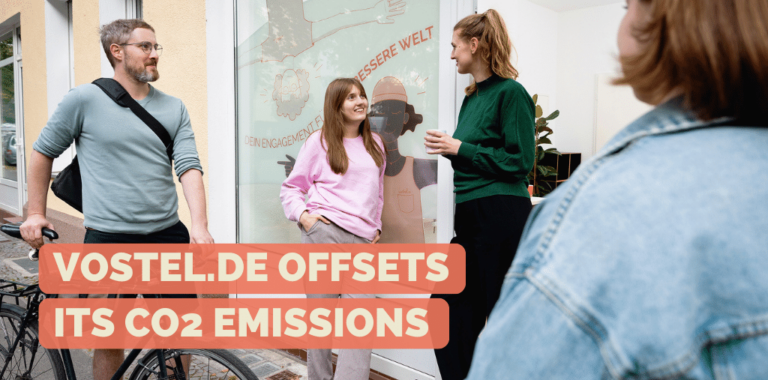
No Comments yet!